1. Childish Gambino – “This Is America”
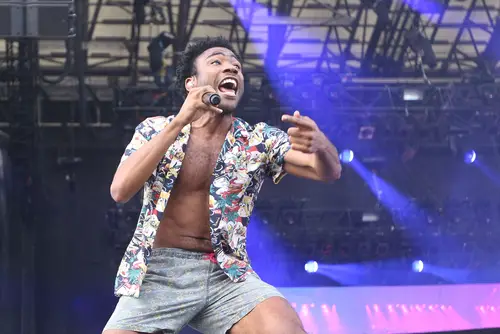
When Donald Glover dropped “This Is America” in 2018, it immediately lit up social media with think pieces and frame-by-frame breakdowns. The video’s shocking mix of joyful dancing and sudden violence pushed conversations about gun culture and systemic racism to the front page. The song became less of a single and more of a national Rorschach test, with people debating every symbol in it. It was proof that one song could spark a whole country’s argument overnight.
What made it political wasn’t just the lyrics, but the imagery. Viewers saw reflections of police brutality, racial stereotypes, and America’s uneasy relationship with entertainment. Suddenly, you couldn’t listen without thinking about its deeper meaning. That kind of overnight cultural shift is rare, and this track nailed it.
2. Macklemore & Ryan Lewis – “Same Love”
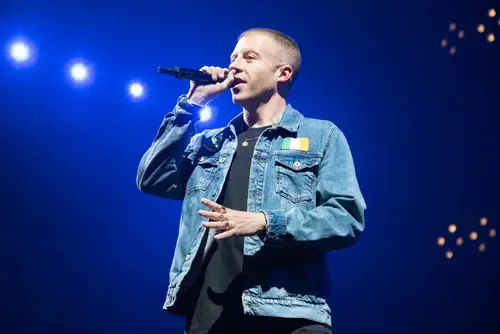
When “Same Love” came out in 2012, it wasn’t just another pop-rap hit—it was a clear anthem for marriage equality. At the time, debates over same-sex marriage were raging across the U.S., and this track gave mainstream radio a pro-LGBTQ+ voice. The fact that it was played at weddings, rallies, and even classrooms turned it into a cultural marker. For a while, you couldn’t escape its message, and that was exactly the point.
Its power came from its blunt honesty. Macklemore rapped directly against homophobia, something not often heard in hip hop at that point. People either embraced it as groundbreaking or criticized it for oversimplifying the issue. Regardless, it turned a personal stance into a national conversation piece.
3. Kendrick Lamar – “Alright”
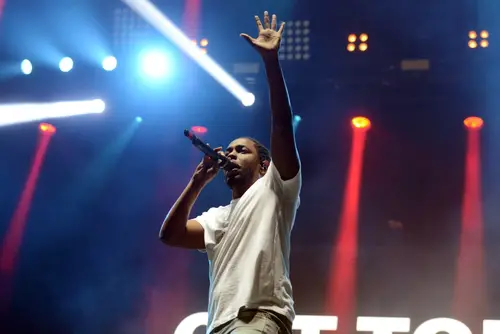
“Alright” wasn’t just another track on Kendrick’s 2015 album—it became the unofficial soundtrack of the Black Lives Matter movement. Protesters chanted “We gon’ be alright” in the streets, and suddenly its chorus was less entertainment and more a rallying cry. The timing made it impossible to separate from the social justice movement. Overnight, a song became a chant of survival and resilience.
Kendrick himself leaned into the role, acknowledging how the song took on a life beyond his control. It symbolized both anger and hope in equal measure. Seeing footage of people chanting it while facing down police lines gave it political weight far beyond radio play. That moment cemented its place as more than just music.
4. Bruce Springsteen – “Born in the U.S.A.”
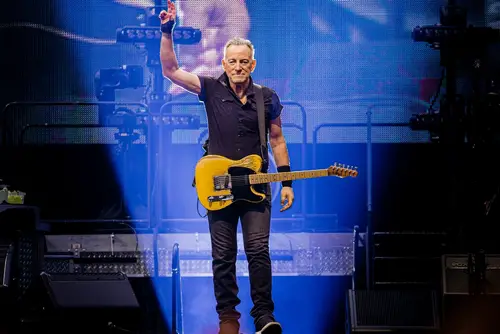
At first glance, “Born in the U.S.A.” seemed like a patriotic stadium anthem. But once people paid closer attention, they realized it was a scathing critique of how America treated Vietnam veterans. Politicians tried to use it as a campaign song, but it backfired when listeners pointed out its grim verses. It showed how easily a song could flip from background noise to political hot button.
The real political weight came from its misuse. Springsteen himself often reminded crowds of the lyrics’ true meaning. The misinterpretation itself became the political statement, reflecting how Americans wanted to see themselves versus how the song actually described them. That tension gave it an unexpected second life.
5. Pink – “Dear Mr. President”
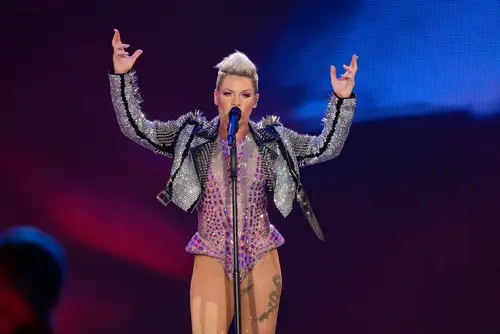
Released during the George W. Bush era, Pink’s ballad was a direct letter to the commander-in-chief. The song questioned everything from war to poverty to LGBTQ+ rights, sparking immediate controversy. Some radio stations wouldn’t play it, while others championed its raw honesty. Overnight, it became a political statement wrapped in melody.
Its appeal was its vulnerability. Unlike a slogan or chant, it felt like a conversation with power, something both personal and universal. Pink’s choice to release it as a mainstream pop star gave it an extra edge, since protest songs often live outside the Top 40. That’s what made it so disruptive at the time.
6. Beyoncé – “Formation”

When Beyoncé performed “Formation” at the 2016 Super Bowl, the political backlash was instant. With references to Hurricane Katrina, Black pride, and even a nod to the Black Panthers in the choreography, the performance became national news. Critics accused her of being “too political” for halftime, while fans praised her unapologetic stance. Either way, the song was impossible to ignore from that moment forward.
What made it especially political was the timing. The U.S. was deep in conversations about race, identity, and police violence. Beyoncé leaned directly into those debates instead of shying away, knowing the stage she had. The overnight conversation it created was proof of its impact.
7. Billie Holiday – “Strange Fruit” (resurgence)
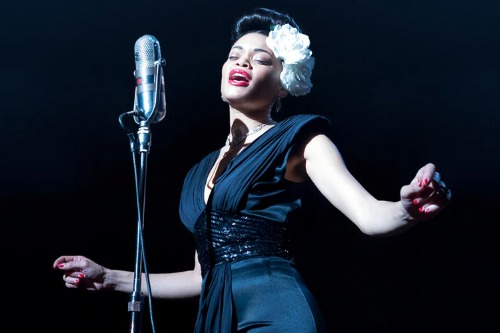
Though originally released in 1939, “Strange Fruit” keeps reemerging in American consciousness. Every time it resurfaces, it reignites political conversation about racism and violence. In recent years, it’s been referenced in documentaries, protests, and classroom discussions. The fact that a decades-old song can still stir debate overnight speaks to its haunting power.
The imagery of lynching in its lyrics remains shocking, even now. That shock has often forced people to reckon with uncomfortable truths about America’s history. When younger generations discover it, the cycle of political awakening starts all over again. It proves that political statements in music don’t have an expiration date.
8. Rage Against the Machine – “Killing in the Name”
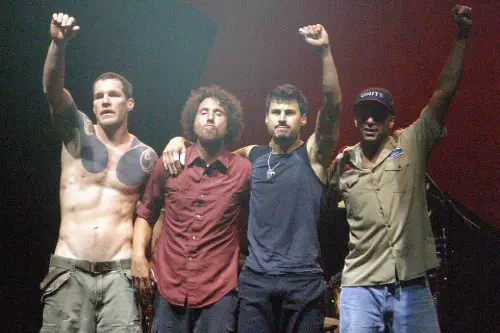
This 1992 anthem took on new life in America whenever protests erupted. Its raw fury against systemic racism and abuse of power made it feel timeless, and when crowds chanted it during demonstrations, the connection was undeniable. The repeated line at the end became a scream of defiance. It turned overnight from a ‘90s rock staple into a protest soundtrack.
The band never minced words about its politics, but moments of unrest gave the song renewed energy. People weren’t just listening—they were weaponizing the track. That transition from passive music to active resistance showed its enduring weight. It’s a case study in how a song can resurface with new urgency.
9. Green Day – “American Idiot”
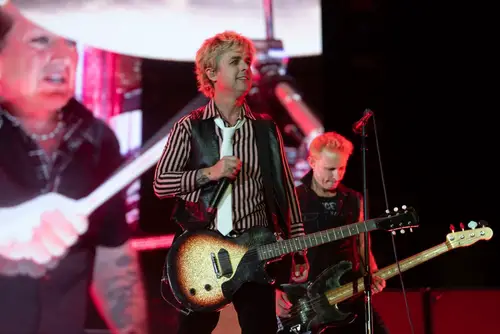
Released in 2004, “American Idiot” was impossible to hear without thinking of the political climate under George W. Bush. Its critique of media manipulation and blind patriotism struck a nerve. Young listeners especially embraced it as a rejection of the status quo. The track turned into an overnight generational anthem.
What made it especially political was its bluntness. There was no subtlety, no guessing—it was direct anger wrapped in punk energy. The song later spawned a full rock opera, amplifying its political reach even more. In real time, it showed that mainstream rock could still take a stand.
10. Janelle Monáe – “Hell You Talmbout”
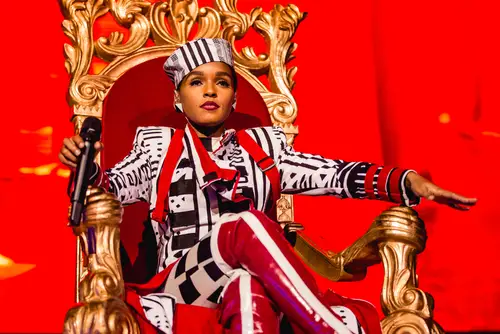
When Janelle Monáe and her Wondaland collective released “Hell You Talmbout” in 2015, it immediately became more than music. The song is essentially a roll call of Black people killed by police or racial violence, set over urgent drums. Protesters quickly adopted it as a chant, bringing the names into the streets. Almost instantly, it became both a memorial and a demand for justice.
The political force of the song came from its simplicity. By saying the names, Monáe turned grief into resistance, forcing listeners to confront each life lost. At rallies, people shouted the names back with raw emotion, blurring the line between art and activism. That transformation happened overnight, showing just how powerful music can be in protest movements.
11. Lady Gaga – “Born This Way”
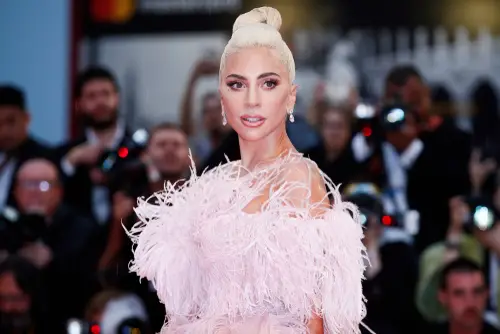
When Gaga dropped “Born This Way” in 2011, it was immediately hailed as an LGBTQ+ anthem. The song’s message of self-acceptance aligned perfectly with ongoing debates about gay rights. It was more than a pop track—it was a direct embrace of marginalized communities. Radio didn’t just play a hit, it played a political statement.
Its political weight came from who was listening. For young people questioning their identity, it was permission to be unapologetically themselves. For conservatives, it was proof that pop culture was becoming “too political.” That overnight polarization made it clear how powerful one song could be.
12. Demi Lovato – “Commander in Chief”
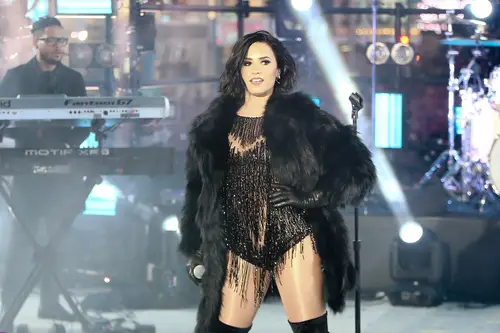
Demi Lovato surprised fans in 2020 with a direct protest song aimed at then-President Donald Trump. Released just weeks before the election, it openly questioned leadership, morality, and accountability in America. The timing made it impossible to hear without connecting it to the political moment. Within hours, people were debating whether pop stars should “get political” at all.
What made it such a flashpoint was Demi’s decision to sing it live at the Billboard Music Awards. Millions of viewers watched the performance, and social media lit up with both praise and backlash. It was a rare case of a Top 40 star dropping all subtlety and going straight for the jugular. Overnight, the track shifted from a ballad to a headline-grabbing political statement.
13. John Mayer – “Waiting on the World to Change”

Mayer’s 2006 single was deceptively laid-back, but its lyrics captured a generation’s frustration. Instead of a protest anthem, it painted a picture of people feeling powerless to change a broken system. That resonated deeply, especially among younger listeners disillusioned by politics. The track suddenly carried more political weight than Mayer might have expected.
The political edge came from its honesty. It wasn’t aggressive—it was weary. That weariness struck a chord with people tired of being told to “get involved” when they felt the deck was stacked against them. It became a political statement by voicing what many were afraid to say out loud.
14. H.E.R. – “I Can’t Breathe”

Released in 2020, this song arrived during the height of protests following George Floyd’s death. The title alone echoed one of the most chilling rallying cries in modern America. Almost instantly, the song became tied to the movement against police brutality. It wasn’t just timely—it was searingly political from its first note.
The song’s raw emotion was what made it land so quickly. It wasn’t polished pop escapism, it was an urgent message in real time. People didn’t just stream it, they used it as part of their grieving and their fighting. That kind of overnight impact cemented its place in history.
This post 14 Modern Songs That Became Political Statements Overnight was first published on American Charm.


